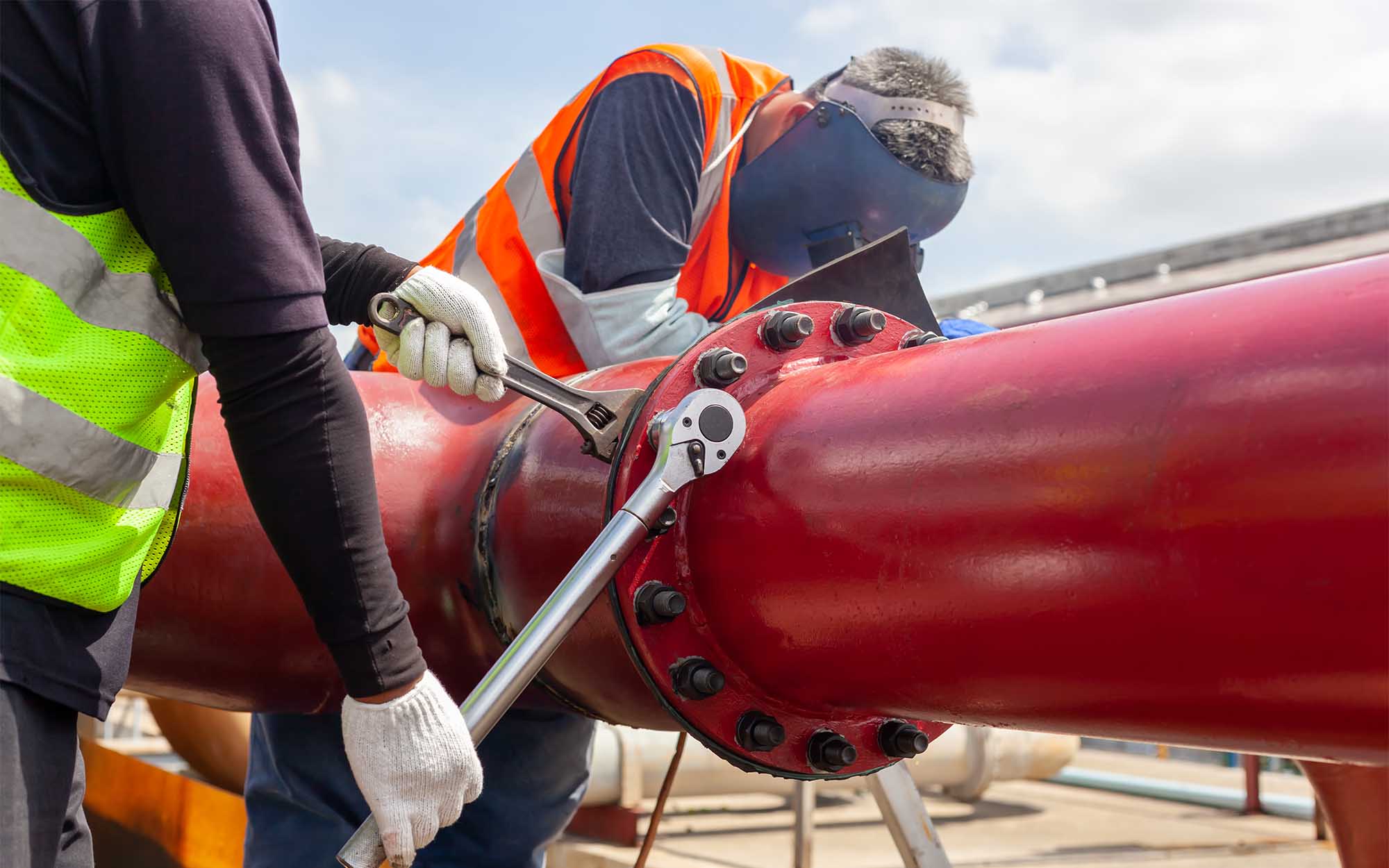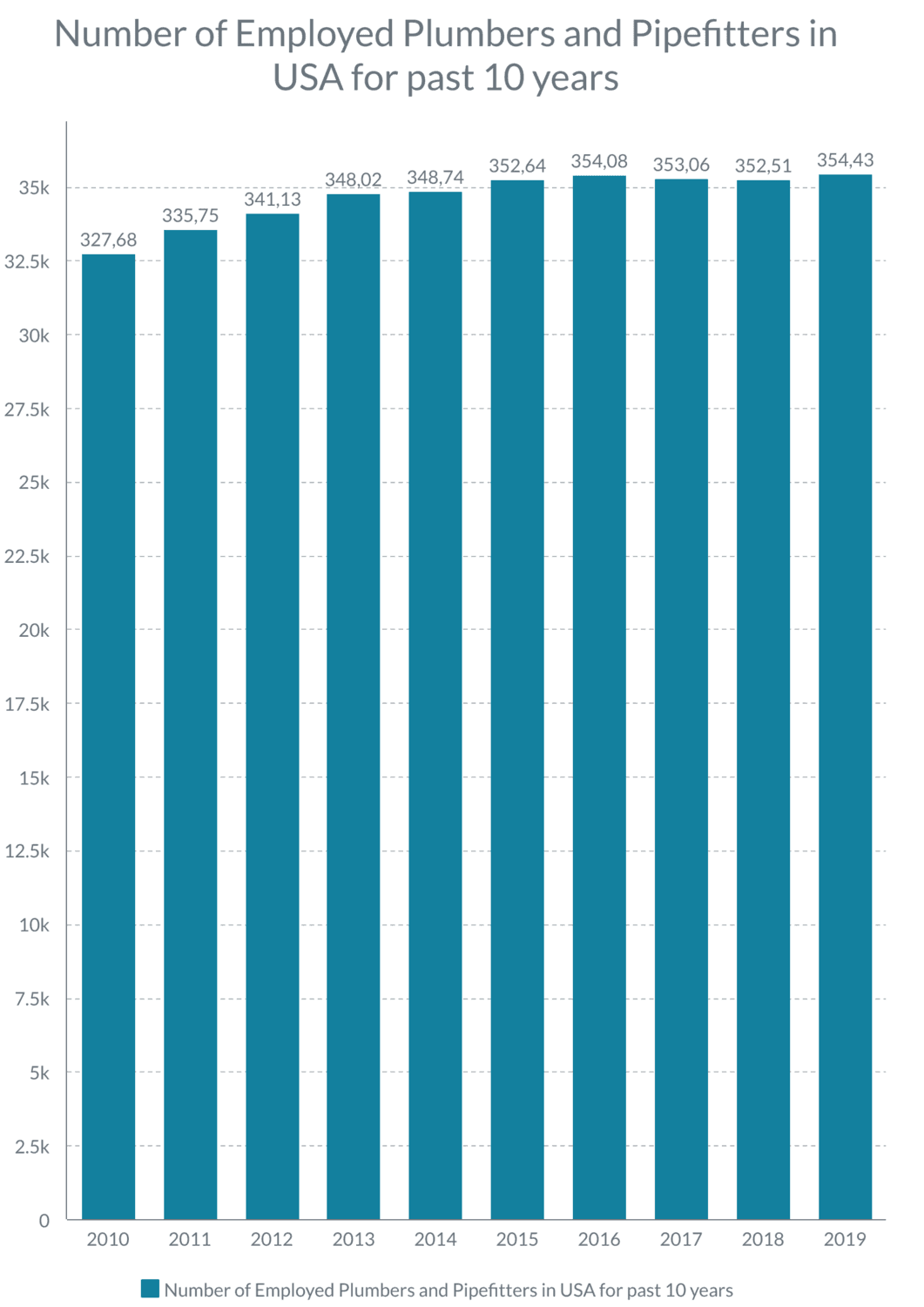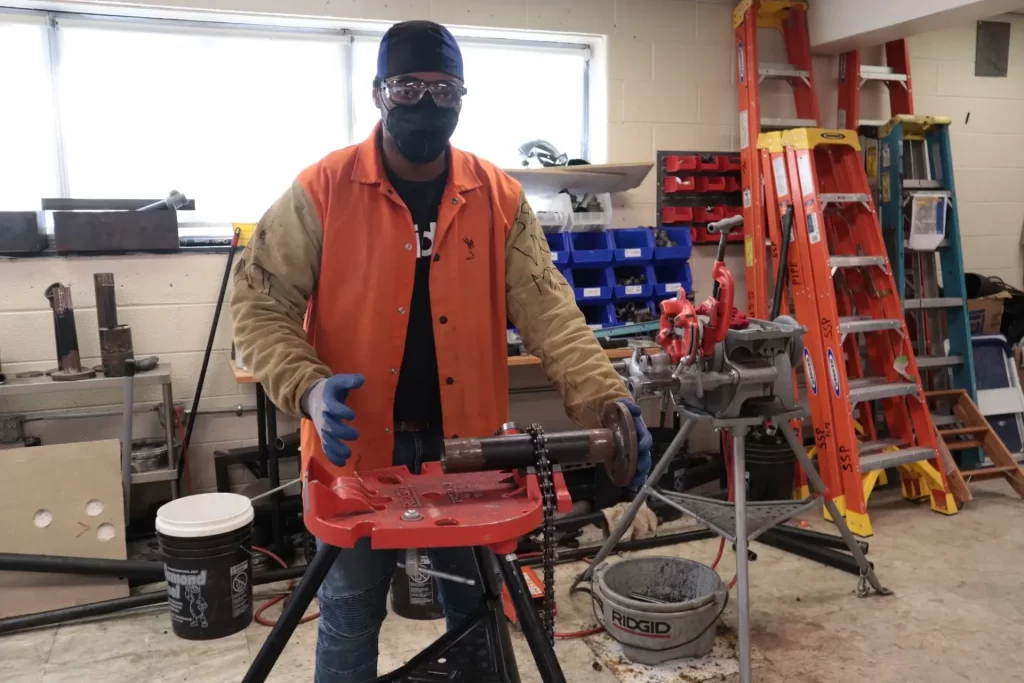Kickstart Your Pipefitting Career in Charlotte: A Guide for Aspiring Tradespeople in 2025
If you're considering a career in pipefitting in Charlotte—often confused with South Carolina but located in North Carolina—you'll need a combination of apprenticeship, certifications, and skills to succeed. Do you need a license? Yes, typically a journeyman card after completing a four-year program; how long does it take? About four to five years including training; what about costs? Expect expenses around $0 to $5,000 for tuition, varying by program; and career prospects? Salaries average $54,080 to $62,231 annually in Charlotte, with job growth projected at 6% nationally by 2033, driven by infrastructure needs 1. This guide outlines the exact steps, challenges, and opportunities to help you navigate this rewarding trade.
Understand the Role of a Pipefitter
Before embarking on this path, grasp what pipefitters do: they install, maintain, and repair piping systems for water, gas, and industrial applications in residential, commercial, and industrial settings. In Charlotte, NC, pipefitters often work on major construction projects, collaborate with teams like those from UA Local 421, and adapt to technological advancements such as automation by 2025 1. Essential skills include technical knowledge of piping systems, physical stamina for demanding work environments, and problem-solving abilities to troubleshoot issues efficiently.

Do You Need a License or Certification to Work as a Pipefitter in Charlotte?
Yes, a license or certification is required to work unsupervised as a pipefitter in Charlotte, NC. Unlike some states, North Carolina mandates certifications through programs like those from UA Local 421, which require residency in North Carolina or South Carolina and involve obtaining a journeyman card after apprenticeship 1. Key certifications include NCCER training and completion of a registered apprenticeship, ensuring you're equipped for the evolving demands of the trade by 2025.

Pipefitting Apprenticeship Requirements and How to Find One
Pipefitting apprenticeships in Charlotte, NC, generally last four to five years, combining on-the-job training with classroom instruction, similar to programs at Cape Fear Community College 2. Here's a breakdown of common apprenticeship terms:
| Pipefitting Role |
Term (in Years) |
| General Pipefitter |
4 |
| Pipefitter with Specialized Skills |
5 |
| Pipefitter Apprentice |
4-5 |
To find an apprenticeship, start by visiting Gild for listings or join UA Local 421 via their website. These resources connect you to opportunities, helping overcome challenges like competition for spots 3.
Steps to Becoming a Pipefitter in Charlotte
1. Meet the Basic Requirements
To begin, you must be at least 18 years old, hold a high school diploma or GED, and provide documents like a valid driver's license 1. In Charlotte, NC, residency in North or South Carolina is often needed for union programs, making it essential to prepare early for a smooth entry into the trade.
2. Enroll in a Training Program
While not always mandatory, enrolling in a program like those offered by OMITT Trade School or Cape Fear Community College builds foundational skills in pipe fitting, safety practices, and blueprint reading 4. These can cost between $1,000 to $5,000, offering a head start on certifications and preparing you for the job market by 2025 5.

3. Start an Apprenticeship
An apprenticeship is the core step, providing 732 hours of class time over four years and hands-on experience 5. Use Indeed to search for openings or connect through UA Local 421 for structured programs that include supervision and skill development 1.
4. Obtain Certifications and Licenses
After your apprenticeship, secure your journeyman card by completing required training and gaining at least one year of experience in the area 2. This step, influenced by factors like automation, positions you for higher-paying roles with salaries up to $36 per hour in Charlotte 6.
5. Advance Your Career
Once certified, consider specializing in areas like automation or high-pressure systems to thrive by 2025, potentially leading to roles with companies like E.S. Wagner 1. Continuous education through NCCER can boost your earnings and job stability in a growing market.
Your Next Steps
Embarking on a pipefitting career in Charlotte, NC, offers steady job growth and competitive salaries, making it a smart choice for 2025. Overcome challenges like labor shortages by networking and building skills—check out Gild for apprenticeships near you and stay updated via ZipRecruiter. With dedication, you'll navigate the path successfully, capitalizing on opportunities in this essential industry.
Sources

